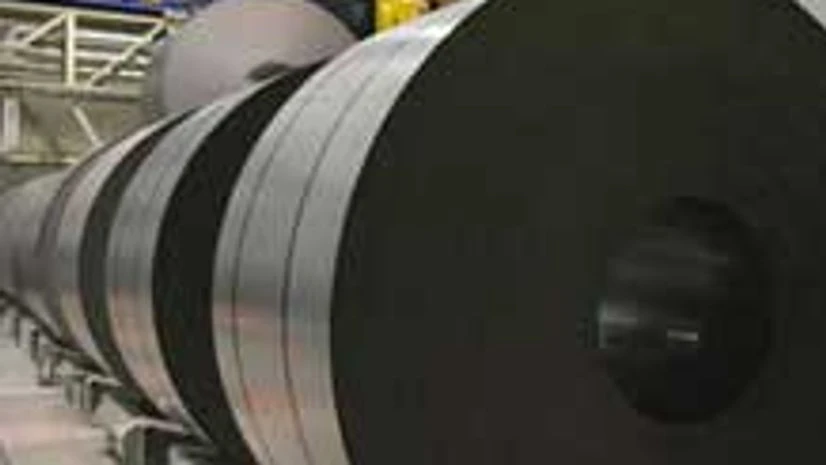Anticipating a fall in net profit of Steel Authority of India Ltd and Rashtriya Ispat Nigam in 2012-13 financial year, the Steel Ministry has asked the two PSUs to focus on improving profitability.
"In view of reduction in profit, all PSUs/units have been advised to focus on operating as well as non-operating areas to improve the profitability of the companies," official sources said.
Though financial results of the two steel PSUs for the January-March quarter are yet to come out, their performance till the December quarter of FY'13 showed that a turnaround would be required in the last quarter to match the bottom-lines of earlier years.
More From This Section
Vizag-based RINL's net profit for FY'13 is also likely to fall. It had Rs 796.67 crore net profit in 2009-10, Rs 658.49 crore in 2010-11 and Rs 751.46 crore in 2011-12 fiscal and could manage to clock only 250.78 crore till end of December quarter of 2012-13.
"The profits of SAIL and RINL have declined mainly due to adverse impact of higher usage of external inputs like BF coke, pellets and furnace oil, lower sales volume, lower interest income on deposits, increase in power cost, increase in railway freight and higher salaries and decline in sales realisation," sources said.
Meanwhile, the operating costs of both the two firms have gone up over the years from Rs 16,114 crore in 2010-11 to Rs 17,944 crore in 2001-12 for SAIL. Till December of 2012-13, it stood at Rs 14,287 crore.
RINL's operating costs also increased from Rs 10,630.40 crore in 2010-11 to Rs 13,253.11 crore in 2011-12. Till the end of December of 2012-13, it stood at Rs 9,416.41 crore.
"In addition to improvement in production, sales, product -mix, value-added products, techno-economic parameters, the companies are also taking necessary action in areas such as sale of surplus scrap, sale of non-moving/obsolete stores and spares, and maximising sales of coal chemicals, by-products and secondary steel," they said.

)
